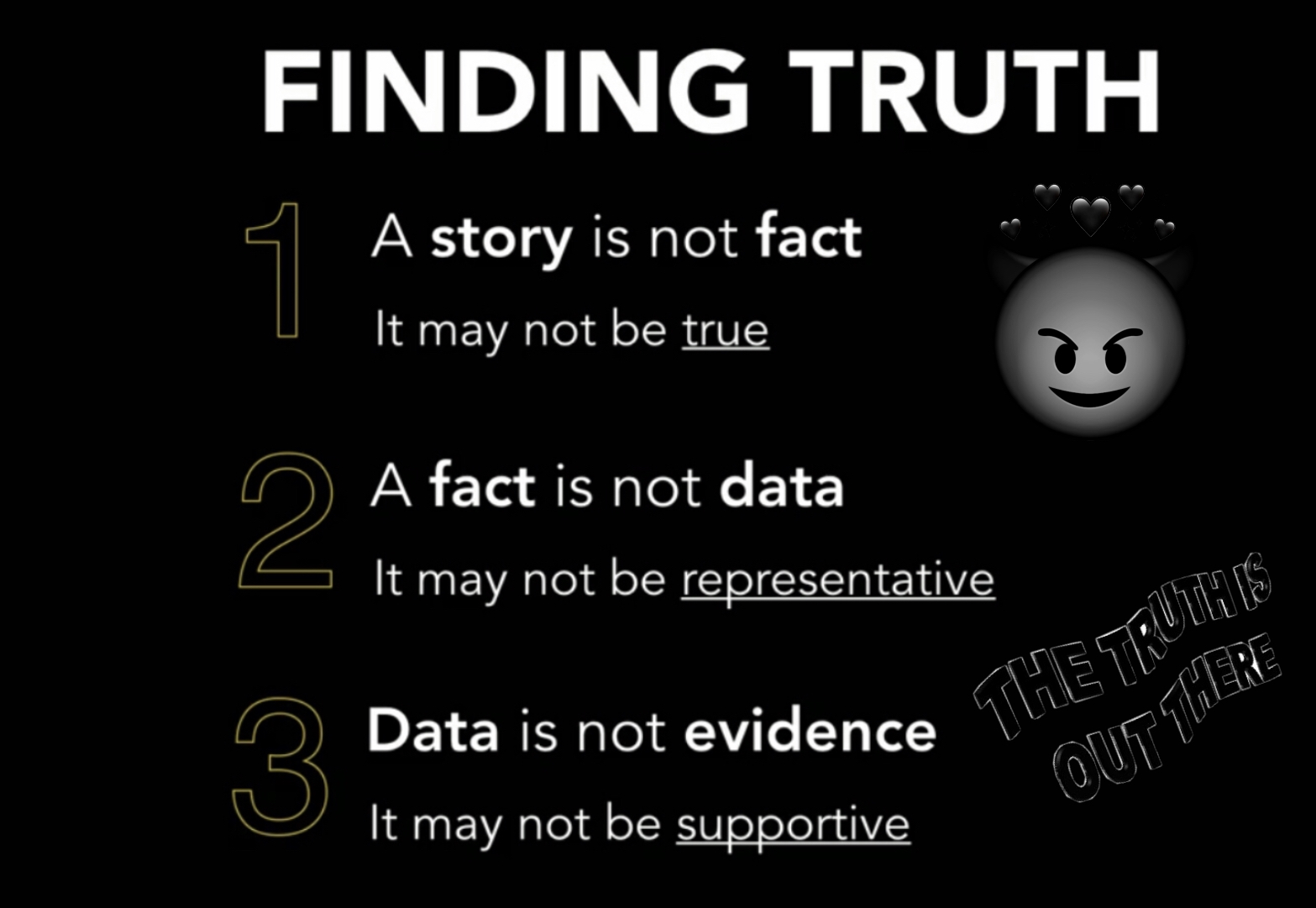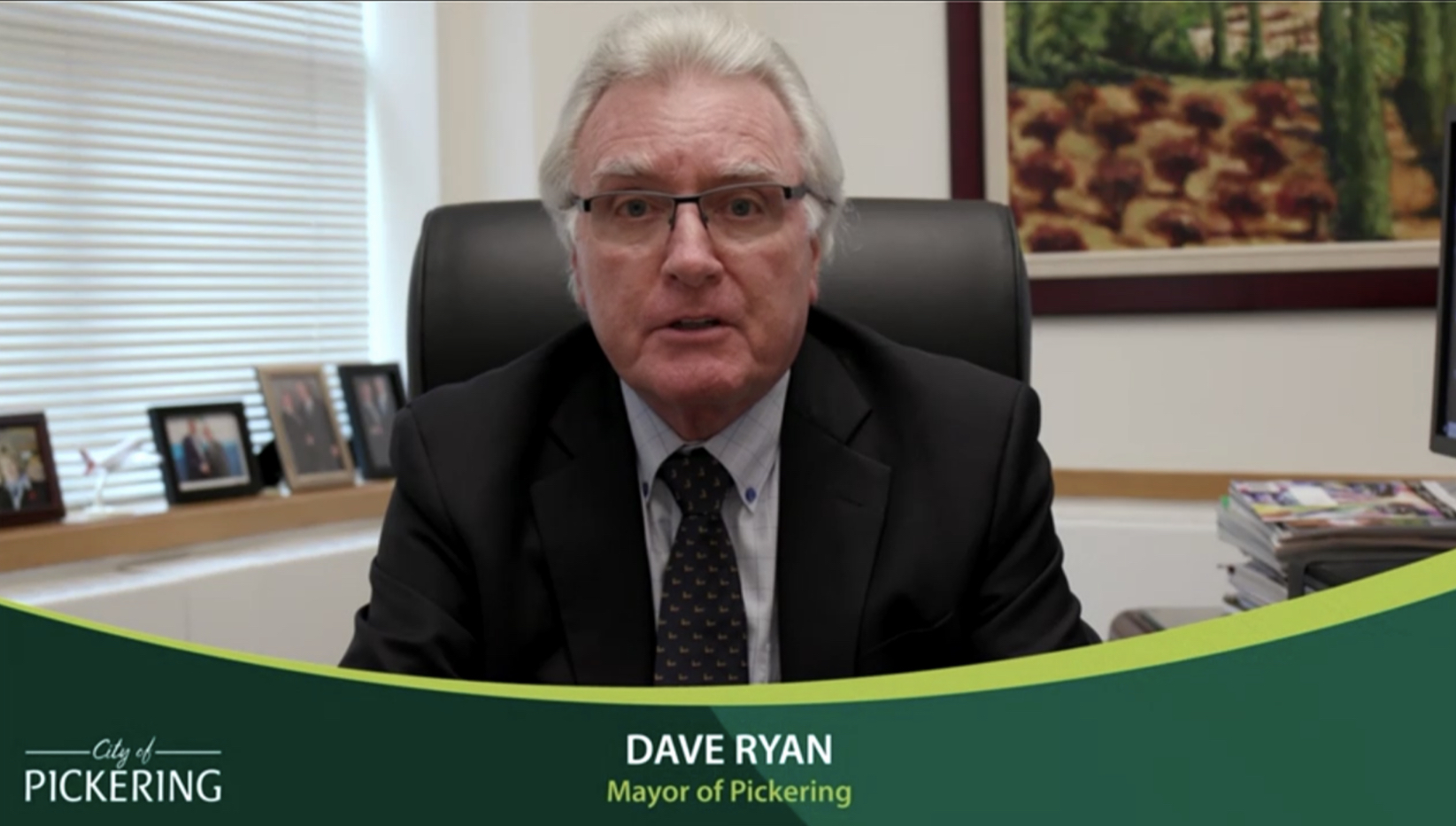By Mark Brooks
Only a few years ago, booting someone from an online discussion for politely suggesting alternative views or new facts was considered unthinkable censorship. The free exchange of ideas and views points in an organized manner is considered the basis of democracy. But today, deleting a comment or banning a user is easy and becoming acceptable, even commonplace on social media. Social media is challenging our democratic ideals, the public servants we elect and the journalist that report on it. The Pickering Airport debate is a microcosm of this new dynamic, and showcases the need for citizens to be skeptical, ask hard questions and seek out facts based in science rather than opinion driven by emotion.
The promise of social media was to connect the world, and it does just that, but in unexpected ways. A lot has been written on how it has enabled partisan networks to create and sell world-views that can become increasingly extreme. Misinformation and disinformation campaigns flourish. Conspiracy theories and violent ideologies lure new recruits. Social media has created a “post-truth” world where opinion driven by emotion is overpowering facts.

Some have argued that human beings evolved to gossip, boast, manipulate, and ostracize, and that Social Media is simply a new amplifier for these. Thanks to the online circus created by the escapades of Donald Trump on Twitter, it is hard to disagree. The dark side as well as the good side of human nature is at work in social media.
Online discussions (often among strangers who have never met) are often angrier and less civil than those in real life. Social media platforms such as Twitter rewards attention-grabbing statements with increased circulation and an increased attention by an online community. This feedback loop can encourage extreme statements and pump the amount of “mutual animosity”. The speed at which misinformation can mix with outrage, in support of “Movement Politics” can be breathtaking.
One tool originally intended for a user to deal with this situation is the ability to ban users (mute, ban temporarily or permanently) from viewing or commenting on a post. A necessary tool for dealing with abuse, the ability to ostracize others by easily banning or blocking a user responding with a polite counter argument is too tempting for many to resist. This enables Social Media moderators to tune online discussions into a tool to create and spin a narrative.
At best, banning someone from viewing or replying to your tweet is not fostering an exchange of ideas or debate in the original spirit of the technology. At worst, it enables a group moderator to become a mini dictator, able to mold and remove unwanted knowledge and people at a whim. For instance, in March 2020, I was banned from a large website (UrbanToronto.ca) with a forum on Pickering Airport for several months after posting this:
Pickering Airport in a Post-Pandemic Toronto
While aviation forums on other sites welcomed my optimism and debated the ideas in the story, this one moderator had an issue with it, deleted it and banned me. This despite the lofty statements of online integrity and fairness promoted by the website to its advertisers and users. I now refrain from saying anything that would anger that moderator on his forum. This is called self-censorship and it helps to create information bubbles on social media. An information bubble is a state of isolation for an individual or group where they only see information that agrees with an ideological or cultural bias.
So what? Should we care about censorship by a moderator on his own online group? Unfortunately, two big problems spin out of this. First, direct and self-censorship mentioned can present a false image of balance, while encouraging extreme views and the spread of misinformation. The second is a trend by journalists to rely on social media as a source. In our post-truth world, opinion is too often mistaken as fact, especially if it appears to be a group consensus. Once an incorrect fact or biased view is misreported as fact or as a widely held viewpoint, the bleed into the mainstream media can take place. Today even the most reputable news organization, such as the CBC, has enabled online narratives created through censorship to bleed into the real world.
A good example is a story that ran in the CBC about the Pickering lands. We discuss this in depth here:
CBC Misses the Big Story – Friends of Pickering Airport.
This misreporting by CBC was then forwarded and fed back into social media as confirmation of the false narrative.
The leakage of online censorship, and the limited worldview or emotion it creates, into mainstream media and political debate should be a concern to all Canadians. One only has to look south of the border at the turmoil in the USA to understand why.
Misinformation is playing a role in warping the debate about when, and in what form, to build a new airport in Pickering. An example is the misreporting around the contents of the million-dollar KPMG ASA report commissioned by Transport Canada. Misinformation about the contents of this report is even being repeated by a local MP as discussed in depth here:
Misinformation to Stall Airport – Friends of Pickering Airport
What is needed is a reset of our understanding of how social media works and how we view ourselves. We need to be on guard to never misinterpret emotion-driven opinion as fact or some sort of “new truth”. Next, we need to understand that the internet is made up of millions of gated communities with various levels of censorship and openness.
If someone walked into your church and started disrupting Sunday service by disputing the group’s basic views, even politely, he would be asked to leave. If he is insistent on staying,a you might even call the police and remove the trespasser. At the same time, if you followed the trespasser home, stood on his front lawn and quoted scripture at him over a megaphone, you will be the one the police will be carting away. The same is true for social media. Platforms like Twitter and Facebook might more accurately be described as a collective of a million different gated homes and churches of thought.

Social media and online websites can also play a positive role. Using hard-won knowledge of the issues and our aviation expertise, this writer and other volunteers have been writing on the facts supporting the need for a new airport in Eastern Toronto. Over time, this turned into a blog called “The Friends Of Pickering Airport” that you are now reading and of which I am the moderator. Unless you are obnoxious you can place any comment you like after this post, as long as it is related to the post. The reason this blog exists is that during this journey we needed to fight for the facts to be heard over the emotion-driven opinion about the airport on social media and in the press. Many of our original posts started as comments or letters to the editors of our local papers to dispute erroneous facts published by them. This website promotes facts about the airport and stops them from being smothered by misinformation, pretend experts, and the emotion- driven opinion of an anointed few.
For pro-airport supporters, what should be a simple discussion on infrastructure, growth and technical requirements has turned into a political education and journey. From a local MP who refused to meet for years, to a having a delegation request to the city of Stouffville denied, our volunteer efforts have hit some surprising roadblocks. But we have also discovered some truly heroic public servants, and journalists quietly doing their job under adverse conditions. Public Servants who dare to speak about facts as a counter to an anti-airport lobby groups efforts to push misinformation.
We have discovered professional journalists, still reporting facts and resisting the easy route of copying and pasting from social media in order to meet a story deadline. We understand the challenges in creating good stories where the “feelings” of a few influencers are not allowed to become more important than facts. They are doing the hard work of direct fact and source validation that the journalistic profession demands but rarely rewards.

The Friends of Pickering Airport will continue to volunteer their time to encourage the understanding of the facts and opportunities created by the development of the airport. We will do so by looking at facts grounded in science and engineering, not the emotion invoked by a few online influencers.
The danger posed by misinformation, political polarization, and censorship spilling over from social media and warping our democracy is real. Now more than ever we need to be mindful of the source and narrative behind information about any controversial topic, even building an airport. An open but skeptical mind is needed by all to make our democracy work. We wish to encourage our elected leaders and professional journalist to do the same if they wish to earn the public’s trust. We welcome everyone to debate and comment on our analysis. This is our gift to Canadian democracy.
References:
A short video describing the Post Truth Problem:
Commentary: How to ‘fix’ social media without censorship
David Ryan Profile – City of Pickering
Why Misinformation Goes Viral | Psychology Today
Best defence is the offence.
Priceless …you and dave.. that was good.
Laughed and laughed. Your best ever.